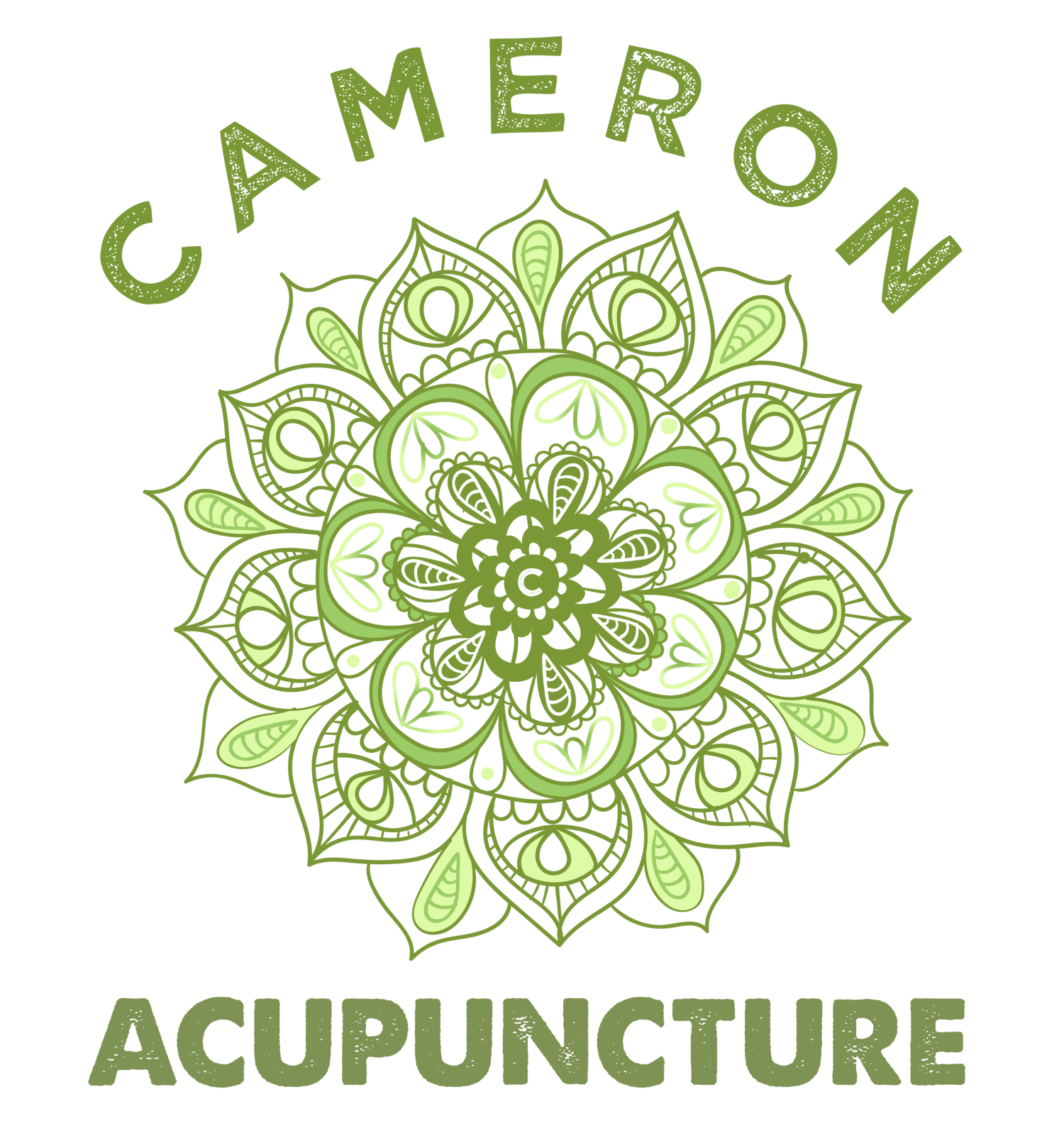FAQ
Q: Will acupuncture hurt?
A: Acupuncture needles are very thin, close to the diameter of a human hair. In most cases, patients feel a "tingling" sensation with minimal discomfort. New patients are often surprised by the amount of comfort they experience as they go through the procedure.
Q: How does acupuncture work?
A: Acupuncture is the stimulation, by insertion of needles, of specific points on the body which have the ability to alter various biochemical and physiological conditions. Acupuncture helps to balance the body for optimal health through specific acupuncture points. Acupuncture stimulates the release of endorphins, which are the body’s natural pain-relieving neurohormones. Acupuncture affects the functioning of the hormonal system, promotes a decrease in inflammation, increased circulation and relief from pain.
Q: Will you use the same needles more than once?
A: Acupuncture needles are sterile disposable needles that are used only once. Once used they are properly disposed of into a bio-hazard box.
Q: What are some of the benefits of receiving acupuncture?
A: Many patients experience better sleep, increased energy, a decrease in pain, a feeling of relaxation and improved digestion.
Q: What should I wear and expect during my treatments?
A: The first visit usually lasts an hour and 15 minutes long; follow-up visits are typically 45-60 minutes long. During the initial visit, you will meet your acupuncturist. Together we will review your medical history and the main reason for the visit. Your practitioner will ask you questions to further understand your condition. Once all information is gathered, the practitioner will develop a treatment plan for your particular condition.
You should wear loosely fitted comfortable clothing (ex. shorts, sweats, yoga pants, tee shirt, etc.).
Q: How many treatments are necessary?
A: It depends on the nature of the condition. Long standing chronic conditions may take multiple visits to treat the main complaint; acute conditions may take one or several visits to treat. Sometimes two treatments per week are needed depending on the condition. Your practitioner will discuss a treatment plan with you.
Q: What activities should I avoid following acupuncture treatment?
A: Strenuous physical activities (including exercise) should be avoided for at least two hours after treatment. A good feeling after acupuncture should not be mistaken for full recovery. Be sure that you have regained your strength and stamina before engaging in any activities that you were unable to perform before your acupuncture treatments.
Q: What does acupuncture help with?
A: The World Health Organization (WHO) has compiled a list of common conditions that respond well to acupuncture treatment and Oriental Medicine. Those conditions include:
- Respiratory: Allergies, Asthma, Common cold & flu, Sinusitis, Acute Tonsillitis
- Eye Disorders: Chronic Dry Eyes, Cataracts (without complications), Macular Degeneration, Glaucoma
- Neurological: Headaches, Migraines, Neuralgia, Sciatica, Bell's Palsy, Multiple Sclerosis, Meniere's Disease, Chronic Fatigue, Parkinson's
- Musculoskeletal: Sports injuries, TMJ, Neck Pain, Shoulder & Arm Pain, Knee Pain, Leg Pain, Heel Spurs, Plantar Fasciitis, Arthritis, Tendonitis, Carpal Tunnel Syndrome, Fibromylagia, Frozen Shoulder, Low Back Pain, Tennis Elbow
- Digestive: Indigestion, Heartburn, Nausea, Hiccups, Constipation, Diarrhea, Irritable Bowel Syndrome
- Reproductive & Gynecological: Menstrual Disorders, Infertility, Low Libido, Impotence, Incontinence, Bladder Dysfunction
- Mental & Emotional Problems: Depression, Anxiety, Sleep Disorders, Stress
- Other Benefits: Smoking Cessation, Weight Loss, Type II Diabetes, Alcohol/Drug Addictions
Q: What criteria should I use in choosing an Acupuncturist?
A: Patients should ask about where the practitioner trained, how long the training was, how long he or she has been in practice and what experience the practitioner has in treating patients specific ailment. Acupuncture is a licensed and regulated healthcare profession in about half the states in the U.S. Ask your practitioner if your state requires a license to practice. In states that do not currently require licensing, patients should ask their practitioner if they are certified by the National Commission for the Certification of Acupuncturists. Acupuncturists who have passed this exam are entitled to add Dipl. Ac. (Diplomate of Acupuncture) after their name.
Q: Do you take insurance?
A: No. If you have health insurance that pays for acupuncture, we can provide a Superbill that provides all the information you need to submit to your insurance company for reimbursement. If you have an HSA or flexible health spending account, you can use this to pay for acupuncture.
TCM treats numerous other conditions. For more information on a specific condition, call us at 512-534-5404.

